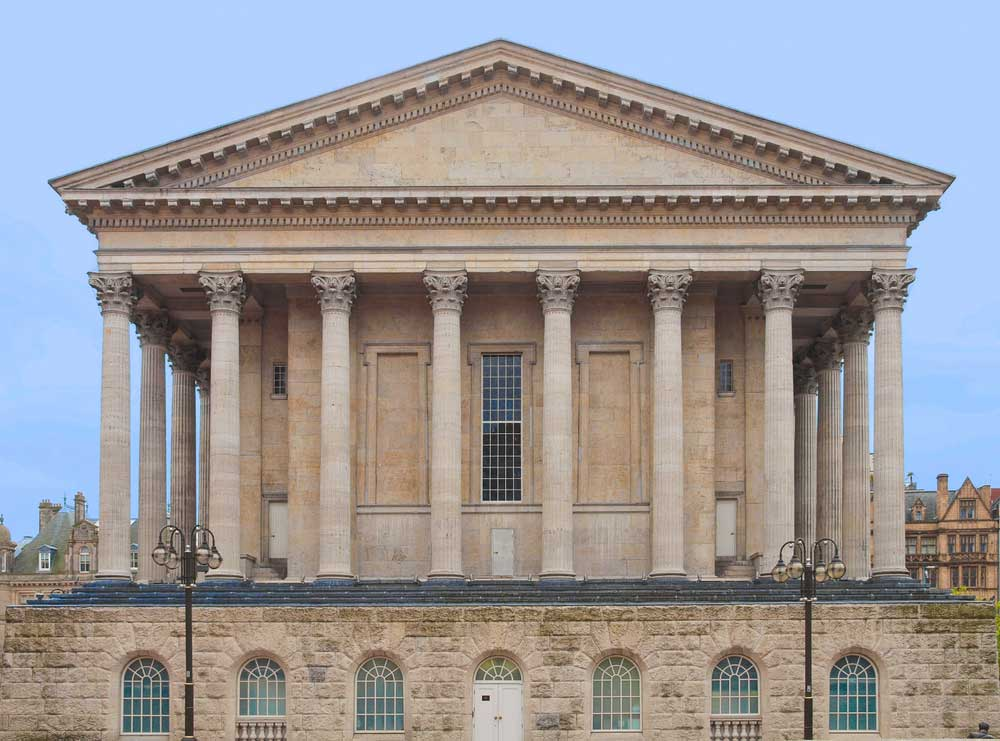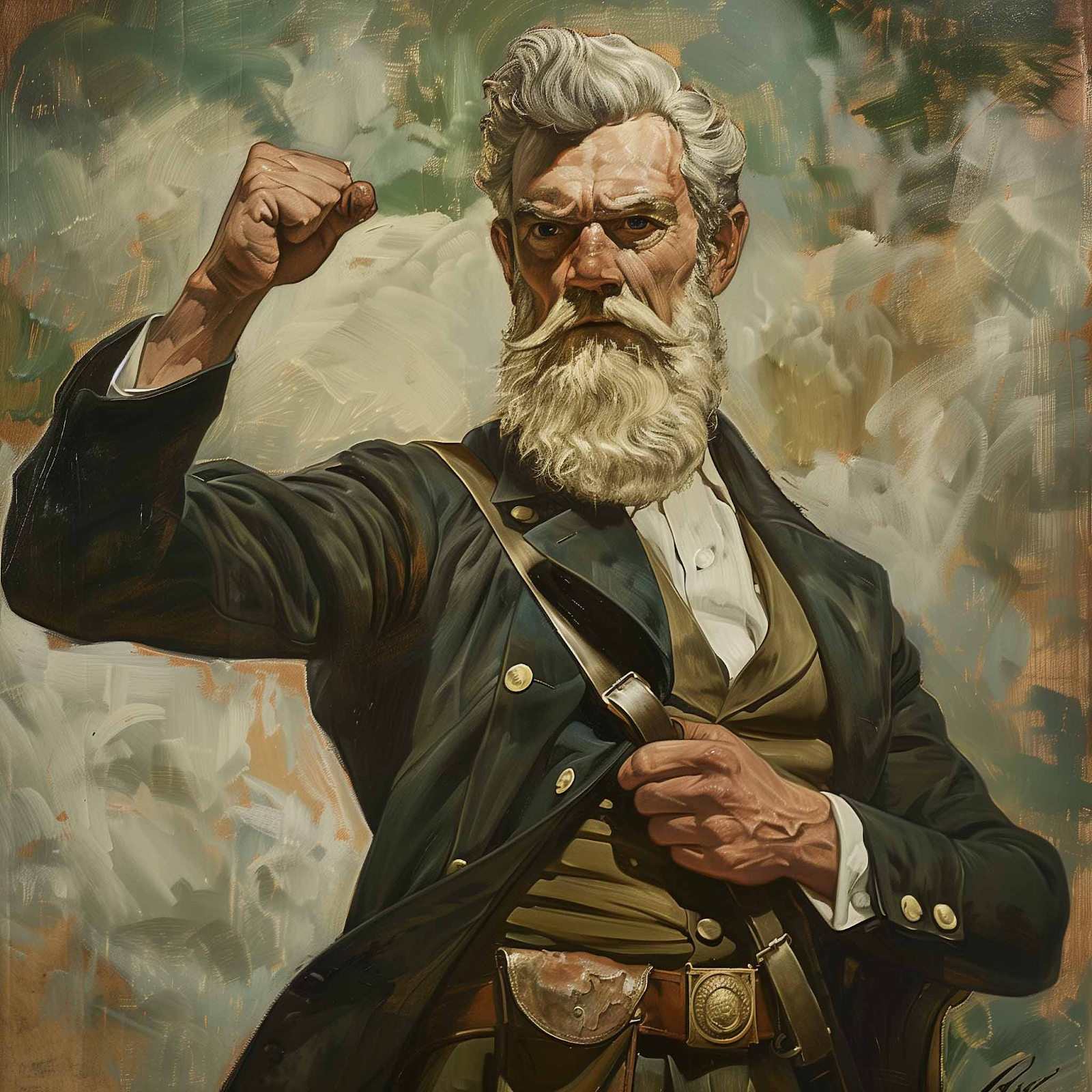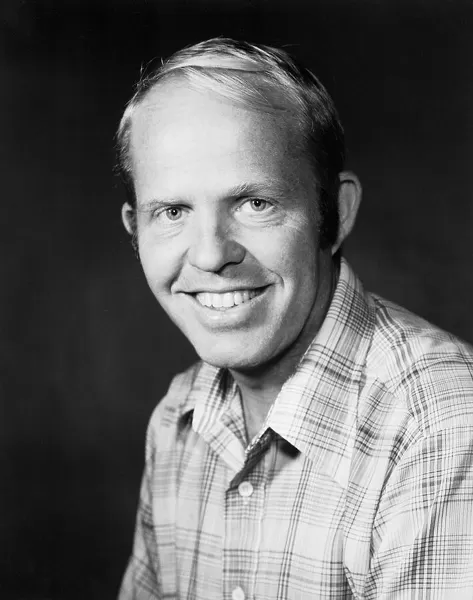On this day the walls of the town echoed with the voices of several important abolitionists. Despite a common purpose, each leader originated from an exceptionally unique background and brought a plethora of original perspectives to the debate. Certain members of the assembly utilized their personal experience as a slaves to construct a convincing argument against the evil institution. Notably, Methodist and former slave Richard Allan implored the audience to consider a simple truth; the institution of slavery juxtaposed the biblical assertion that all men were created equal in the image of God. Allen would continue to criticize slavery through a biblical lens and enhance his argument against slavery through references to scripture and parables.
Although not an African American, John Brown's rationale for the eradication of slavery closely paralleled that of Allen. Unlike Allen and many of the other members of the assembly, however, John Brown advocated for violence as a means to put an immediate end to slavery; Captain Brown's remarks stunned the congregation, including William Lloyd Garrison who was considered one of the most radical abolitionists of his time. The author and founder of The Liberator, Garrison presented his ideologies in a characteristically outspoken manner. Although William Garrison shared Captain John Brown's desire for the immediate abolition of slavery, the author condoned violence; a devout Christian, Garrison perceived violence as morally reprehensible and ineffective. Instead, the the author and journalist proposed the use of peaceful alternatives which he believed could effectively convince the white population of the evils of slavery.
Moreover, many of the abolitionists present at the town hall meeting quantified their antislavery efforts. Harriet Tubman and Leonard Grimes recounted their experiences on the Underground Railroad whereby they smuggled slaves to freedom in the North. Other activists focused their energy on the development of organizations that challenged the authority of slavery, such as the New England Anti-Slavery Society and the League of Gileadites. Additionally, several authors, poets, and journalists used their pens as a weapon against the evils of slavery. Francis Ellen Watkins Harper was especially talented with her literary work and conveyed powerful messages through her penmanship. Similarly, William Lloyd Garrison and Horace Greeley delivered their messages through the press in the form of The Liberator and the New York Tribune.
It is also worth mentioning that several members in attendance also had close ties to the women's suffrage movement. Lucretia Mott founded the Philadelphia Anti-Slavery Society while simultaneously demanding women's rights. With the help of Elizabeth Cady Stanton, Mott would organize the 1848 Seneca Falls Convention.
Such a theme of involvement in suffrage and civil rights movements was not limited to Lucretia Mott; several other civil rights activists, including Susan B. Anthony and Sojourner Truth, were also committed to the women's rights movement. To recapitulate, the town hall meeting was a successful discussion of great variety; a diverse group of activists proposed unique and complex arguments against the issue of slavery. If anything should be remembered, it is that a great national change is imminent.








No comments:
Post a Comment